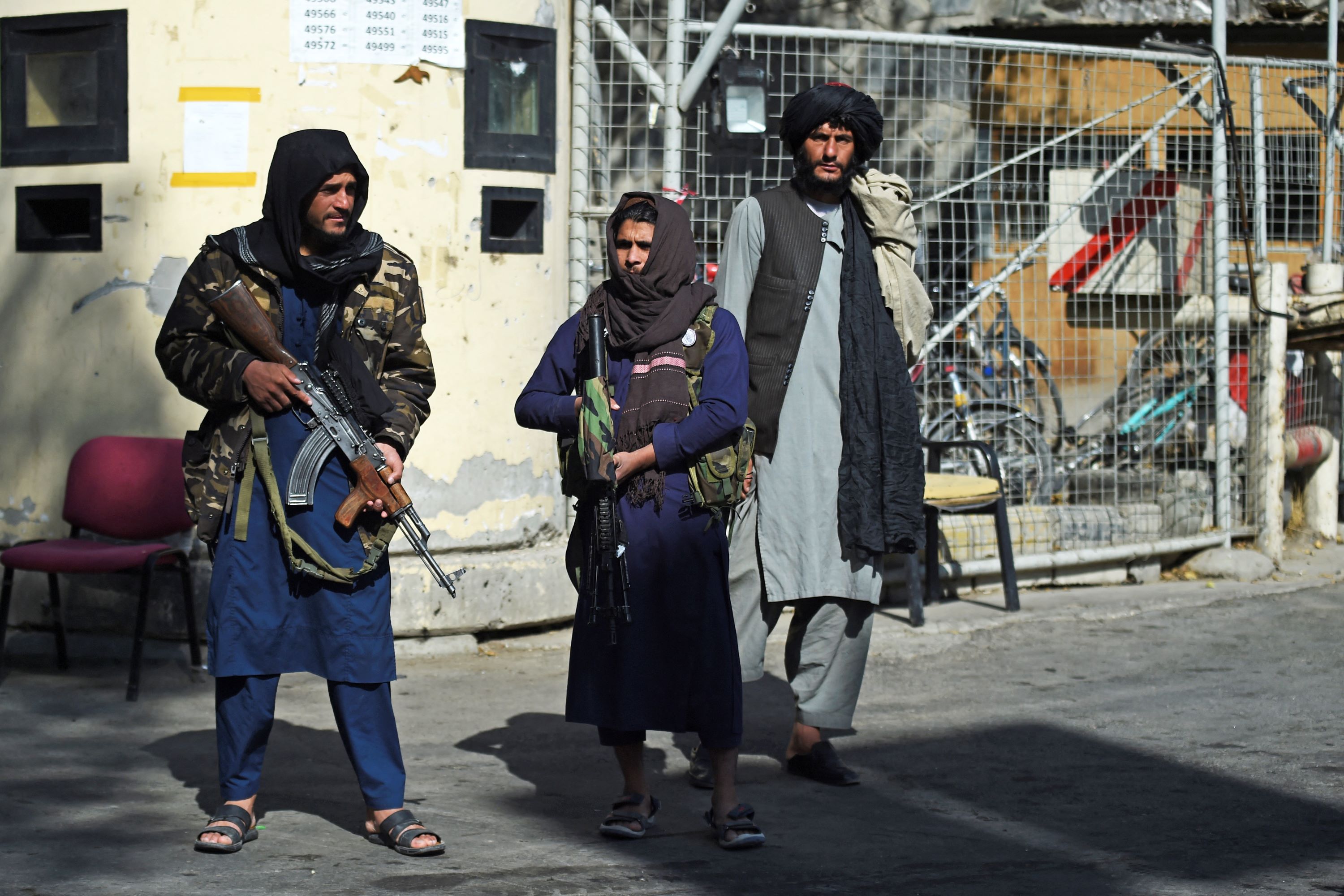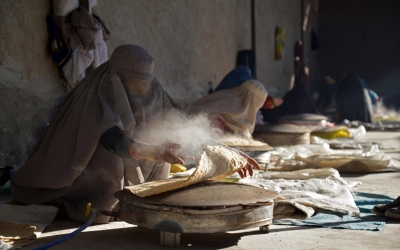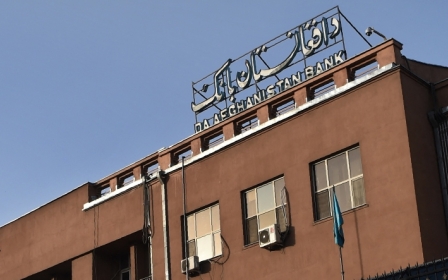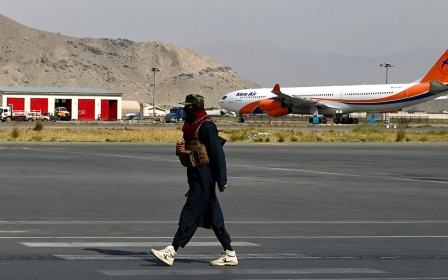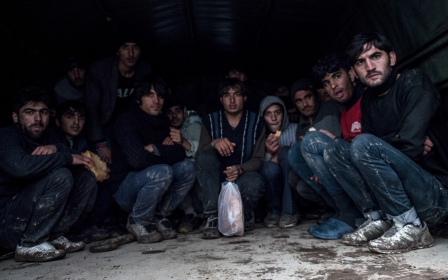Afghan diplomats return to Turkey and Iran as Taliban pushes for relations thaw
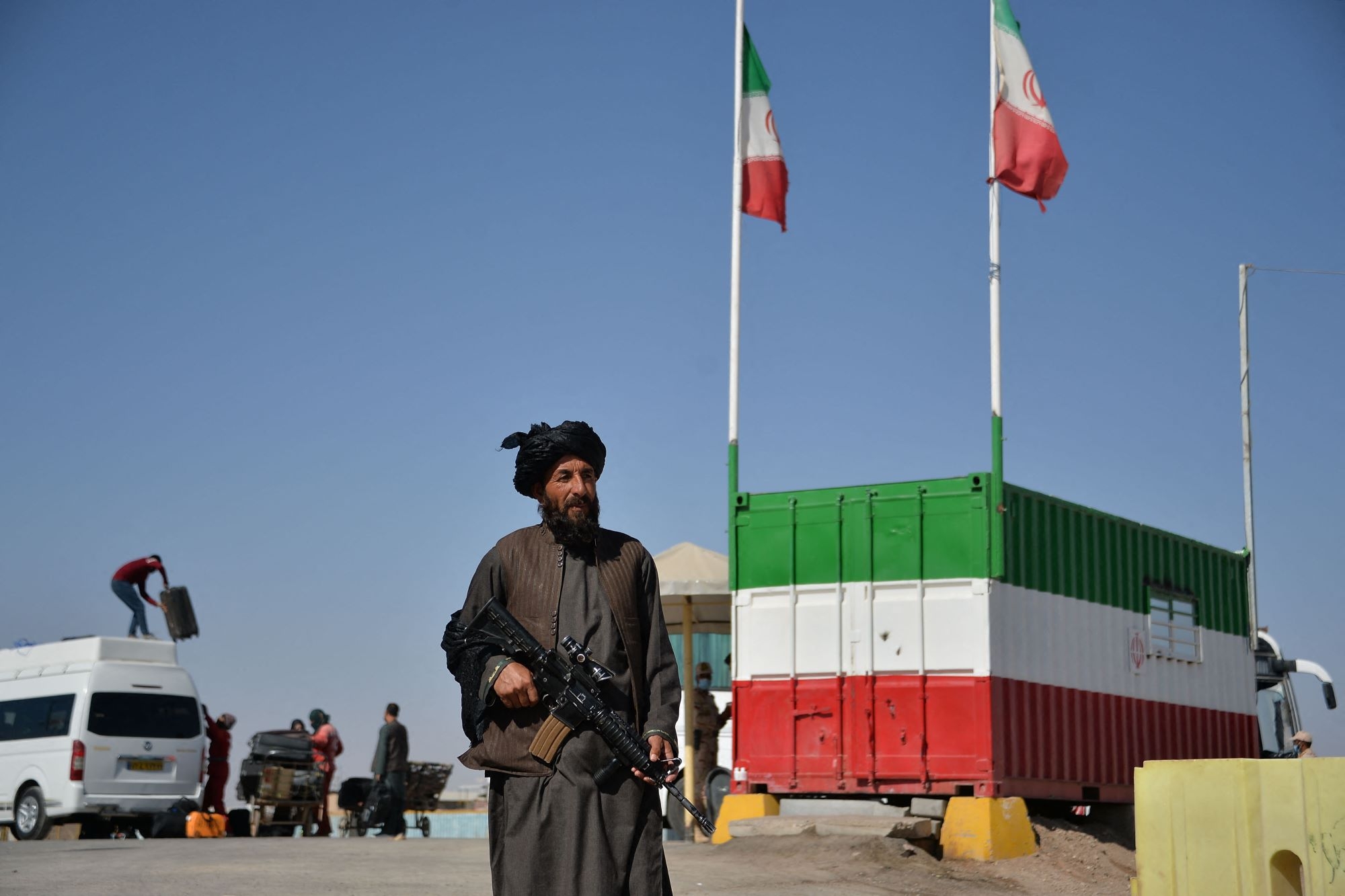
Earlier this week, Afghanistan’s Taliban government officially sent its representatives to the country's embassy in Tehran and its consulate in Istanbul, despite the fact that neither Iran nor Turkey formally recognise the Islamic Emirate as the official rulers of the country.
These moves are just the latest example of diplomatic breakthroughs that have been achieved by the Taliban in the Middle East and Central Asia as they attempt to end their international isolation.
On Sunday, Fazel Mohammad Haqqani was chosen as the charge d’affaires in Tehran. The following day, Gulmat Khan Zadran was announced as a new diplomat in Istanbul by the Afghan Ministry of Foreign Affairs.
Though neither Turkey nor Iran acknowledges the Islamic Emirate as a formal government, both have had relatively cosy relationships with the Taliban.
Each has maintained its diplomatic presence in the country since the Islamic Emirate returned to power in August 2021, despite both being allies of the former Western-backed government.
New MEE newsletter: Jerusalem Dispatch
Sign up to get the latest insights and analysis on Israel-Palestine, alongside Turkey Unpacked and other MEE newsletters
'For years, there had been delegations going to neighbouring countries and countries in Asia that Afghanistan has had relations and interactions with'
- Hassan Sahak, analyst
Additionally, both nations have continued to deport thousands of refugees back to Afghanistan at a time when the government there has been accused of rolling back womens' rights and abusing journalists, activists
Tehran has also faced years of allegations that it aided and abetted the Taliban when they were an armed opposition group fighting the former Islamic Republic government and the western forces that backed it.
Since at least 2016, residents and officials in the provinces of Herat, Farah, Ghazni, Helmand, and Kandahar alleged tha
This week's diplomatic handovers make Iran and Turkey the latest in a list of recent appointments in the Middle East and the Asia by the Afghan Ministry of Foreign Affairs.
Since the autumn of 2021, the Islamic Emirate has appointed diplomats to various positions in embassies and consulates in Pakistan, Uzbekistan, Turkmenistan, Kyrgyzstan, Kazakhstan, Russia, China, Qatar, Saudi Arabia, and Malaysia.
Hassan Sahak, a political analyst based in Kabul, says these latest appointments are actually the culmination of efforts that began long before the Islamic Emirate formally returned to power.
“For years, there had been delegations going to neighbouring countries, and countries in Asia, that Afghanistan has had relations and interactions with,” Sahak says of visits the Taliban have made to Russia, China, Iran, and Uzb
During those visits, Sahak says the group made promises about how a potential Islamic Emirate would operate should they return to power - with a particular emphasis on regional security.
Sahak says that the recent acceptance of Taliban diplomats is a sign that many of these nations now believe the Islamic Emirate seems to be living up to its promises about how it would conduct its government and bring security to Afghanistan.
Islamic State threat
Particularly important to all of these nations is the ability of the Islamic Emirate to thwart the Islamic State (IS) militant group.
For nations like Iran, Uzbekistan, Turkmenistan, and Pakistan - all of whom border Afghanistan - containing and stamping out any force claiming allegiance to IS is vitally important.
Several of Afghanistan’s neighbours have personal reasons to fear the expansion of IS influence in the region.
In Iran, in 2017 at least 12 people were killed in a pair of IS-claimed attacks on the parliament and the mausoleum of Ayatollah Ruhollah Khomeini.
In 2015, the declaration of allegiance to IS by the Islamic Movement of Uzbekistan, an armed group with a presence in both Uzbekistan and Afghanistan, only increased the fear of IS influence in the region.
Islamabad has long been dogged by reports that many of the fighters claiming allegiance to IS in Afghanistan have come from a part of Pakistan's Khyber Pakhtunkhwa province known as Orakzai Agency.
Sahak says the Islamic Emirate’s commitment to tackling its long-time rival IS is likely to be one of the reasons Kabul’s regional neighbours have allowed the Taliban to take control of Afghanistan’s diplomatic outposts.
“They see that the Islamic Emirate really is taking decisive action against IS,” Sahak says of an issue that is considered a key security issue throughout the region.
Realising this, IS has claimed responsibility for a string of attacks targeting Russian, Pakistani, and Chinese diplomats and civilians in the Afghan capital between September and December 2022.
At the same time, the Taliban government has stepped up attacks on alleged IS hideouts in the provinces of Kabul, Kunduz, and Kandahar.
Of course, stamping out the presence of IS in Afghanistan is not only a matter of foreign policy.
The group has claimed responsibility for some of the most heinous terrorist attacks in the country, both in the final years of the western-backed Islamic Republic and in the period since the Islamic Emirate re-took control.
But Andreas Krieg, a Professor at King's College London who specialises in the Middle East, takes a much less rosy view of the reasoning behind the Islamic Emirate’s diplomatic moves.
To him, the recent decisions by Turkey and Iran are more an acknowledgment of the “status quo” than a reward for good behaviour by the Islamic Emirate.
Instead, he says dealing with the Islamic Emirate is “absolutely important” for humanitarian aid delivery.
“Currently, the Afghan people are punished for the return of the Taliban to which the United States agreed," Krieg says, referring to the six million people who ar
Contradictory gestures?
All this leaves the Islamic Emirate and the world at an odd juncture, whereby nearly all of the nations who have permitted diplomats from the Islamic Emirate to come to their countries also continue to criticise the Afghan government’s rollbacks of the rights of women to education, work, and leisure.
Most recently, Riyadh called on the Taliban government to allow women to "fully enjoy their rights without discrimination” at a UN address.
However, Krieg says the steps taken in Asia and the Middle East should not be seen as a possible sign of things to come from the West, which has been adamant that they cannot acknowledge the Islamic Emirate until the accusations of rights abuses by the caretaker government are addressed.
Moreover, Krieg says the West has already outsourced most matters concerning Afghanistan to “the Gulf and other intermediaries,” like Qatar, which has hosted Taliban delegations in Doha since 2011 when then-US President Barack Obama first called for peace talks with the group.
With the West pre-occupied with Ukraine and the regional intermediaries having largely accepted the status quo, Krieg says the increasing Taliban footprint in Afghanistan’s international missions is part of the “inevitable normalisation" of the group.
And the Islamic Emirate is looking to take advantage of that momentum.
Sahak, the political analyst, says they are already working to drum up their diplomatic corps.
“The number of students enrolled at the Musa Shafiq Diplomatic College is at a peak right now,” Sahak said.
Middle East Eye delivers independent and unrivalled coverage and analysis of the Middle East, North Africa and beyond. To learn more about republishing this content and the associated fees, please fill out this form. More about MEE can be found here.


